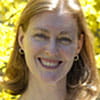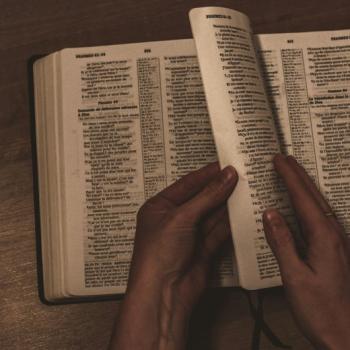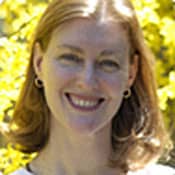Preach the gospel always. If necessary, use words. ~ St. Francis of Assisi
 Almost forty years ago, Sister Rita Ann Wigginton, OSU, discovered her life's mission while visiting the home of a fellow Ursuline nun. The family's unique situation captivated her. Of six girls, five had been sent to Catholic schools, but a deaf daughter had not. The Catholic schools couldn't afford services for the Deaf, so the family enrolled her in a hearing public school, where she was laboriously taught English through a complex process that did not include sign language. Adept at lip-reading, the young girl was able to cope at school and at home, but she felt marginalized in both environments.
Almost forty years ago, Sister Rita Ann Wigginton, OSU, discovered her life's mission while visiting the home of a fellow Ursuline nun. The family's unique situation captivated her. Of six girls, five had been sent to Catholic schools, but a deaf daughter had not. The Catholic schools couldn't afford services for the Deaf, so the family enrolled her in a hearing public school, where she was laboriously taught English through a complex process that did not include sign language. Adept at lip-reading, the young girl was able to cope at school and at home, but she felt marginalized in both environments.
The family, meanwhile, had regrets. They had failed her, they said, and wished they had all learned American Sign Language (ASL) in order to be closer and to more fully share the faith with her.
"Ten percent of deaf people are raised by deaf parents," says Sister. "Those children are much more likely to receive proper faith formation. But for the 90 percent of deaf people who have hearing parents, there's a real communication gap. Hearing parents want their kids to be just like them, to succeed, to speak their language. I'm very sympathetic to their feelings, but what they don't understand is that their children are not like them."
With her order's encouragement, the young Sister Rita Ann sought post-graduate training in Deaf Ministry. She earned a master's degree in Deaf Education from Gallaudet University in Washington, D.C., and later went on to Boston College, where she earned a Certificate of Advanced Educational Specialization in Religious Education.
In the early years of working with the Deaf, Sister made some friends who changed the course of her life yet again. "A group of us met at a National Catholic Office for the Deaf conference, and then met regularly each fall to discuss what we could do to better serve the Deaf. At that time, we were adapting retreats, marriage preparation programs, and educational methods that worked with the hearing and using them with the Deaf," she says, "but we very much wanted to understand if deaf spirituality was different from hearing spirituality; so three of us wrote a proposal to the NCOD for a grant to do a study." The result was a book entitled, Eye Centered: A Study on the Spirituality of Deaf People, with Implications for Pastoral Ministry.
One of the most urgent recommendations arising from their work was that the Church should create programs for training deaf leaders. In 1993, their deaf colleague, Sister Maureen Langton, SSJ, developed the Ministry Formation Program for deaf and hard-of-hearing adults, which still operates in the Chicago area. Sister Rita Ann has taught in the program for years and is now its administrator. Its students come from dioceses all over the country.
When asked why the Deaf can't be trained as well in their own diocesan programs, Sister Rita Ann explains: "There are lay ministry formation programs in all dioceses, but the Deaf have problems when they try to participate, because of the process of interpreting. The interpreter doesn't know what the speaker is about to say, so he has to listen and process it before signing. By the time the Deaf receive the information, the speaker has moved on, so it's too late for their questions. Even closed-captioning can create delays, since many Deaf adults struggle with reading. They may feel hesitant to ask a question," Sister Rita explains, "because it looks like they're not keeping up." The resulting confusion creates social barriers and inhibits learning.
"It's actually cheaper to send them to Chicago than to pay for interpreters, and the MFP benefits the Deaf so much more," Sister Rita Ann states enthusiastically. "Right now we have two students from the Joliet, IL diocese, three from Topeka, KS, one from Fort Worth, TX, one from Toledo, OH, and one from Covington, KY."
The four-year curriculum at the MFP is demanding, but rich in opportunities for development in many disciplines, including: Adult Education, Family Ministry, RCIDA, Social Service Ministry, and Youth Ministry. "Each student attends classes in Chicago six weekends a year; three in the fall, and three in spring. They arrive Friday afternoon and the session ends at about noon on Sunday."





